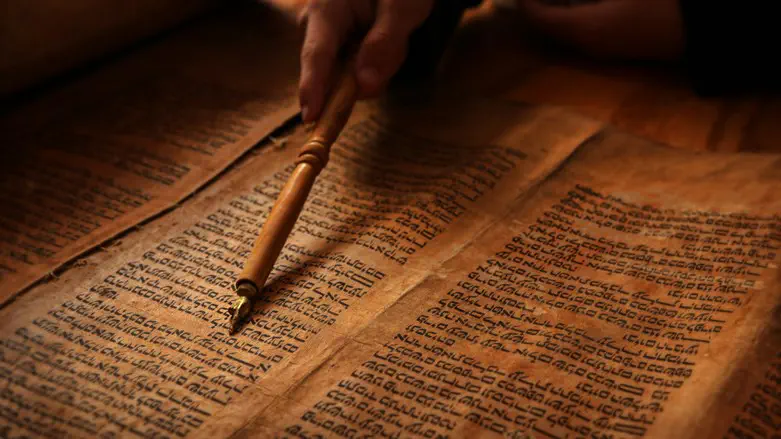
לזכות רפואה שלימה אחינו כל בית ישראל הנתונים בצרה ובשביה
Parshat Chukat begins with the poignant words “Zot Chukat HaTorah”-- “This is the decree of the Torah”, and then proceeds to discuss the laws of Parah Adumah, the red cow. The commentaries grapple with the somewhat mystifying introduction to this precept; why is the Parah Adumah considered the “Chukat HaTorah” above and beyond the other 612 Mitzvot?
Rashi clarifies that the labeling of Para Adumah as the “decree of the Torah” is not meant for the Jews per se; rather, the Para Adumah, as a Mitzvah that has no apparent rhyme or reason, was destined to serve as fodder for the nations of the world who would seek to claim that Judaism was lacking of substance. Hashem, therefore, built into the words of the Torah the response to such taunts-”This is the decree of the Torah”, and there is no room for deliberation.
It is about this Mitzvah that the Midrash records the wisest of all men, Shlomo Hamelech as saying “I thought I was wise…but then [when I came to study the Mitzvah of Parah Adumah] I realized that [divine wisdom] is yet far from me”. The Torah is known as the “tree of life” for those who cling to it; thus, all parts of Torah are connected in an interlocking fashion much as the branches and roots of a tree.
Shlomo Hamelech, by stating his lack of understanding for the Mitzvah of Parah Adumah, in fact, was relating that he could no longer claim mastery over any parts of the Torah! Hence, the Torah introduces this Mitzvah with the words “Zot Chukat HaTorah”--”this is the decree of the Torah”--for this Mitzvah serves to illuminate to us that the Torah, at its core, is divine wisdom, and the truest levels of understanding [what is known in Jewish thought as “the 50th gate of understanding”] will remain beyond reach until the coming of Moshiach. [Interestingly, there are Midrashim that either both or individually Rabbi Akiva and Moshe Rabbeinu were granted true comprehension of this Mitzvah.
Also worth noting is the perspective of the Kesav Sofer in the beginning of this week’s Parshah-he points out, that although Rashi quotes Hashem as saying “One should not delve into this Mitzvah for it is a divine decree”, a person should study this Mitzvah for the sake of enhancing their lack of understanding; the point of this concept is not to be confused about the spiritual nature and requirements of the red cow—rather, one should be entirely well versed in the gamut of Midrashic and Halachic literature about this Mitzvah, and even then be able to declare their lack of understanding! That will serve to display one’s devotion to Hashem.]
Dedicated in memory of all those who have perished and sacrificed for Am Yisrael.
Have a Great Shabbas.